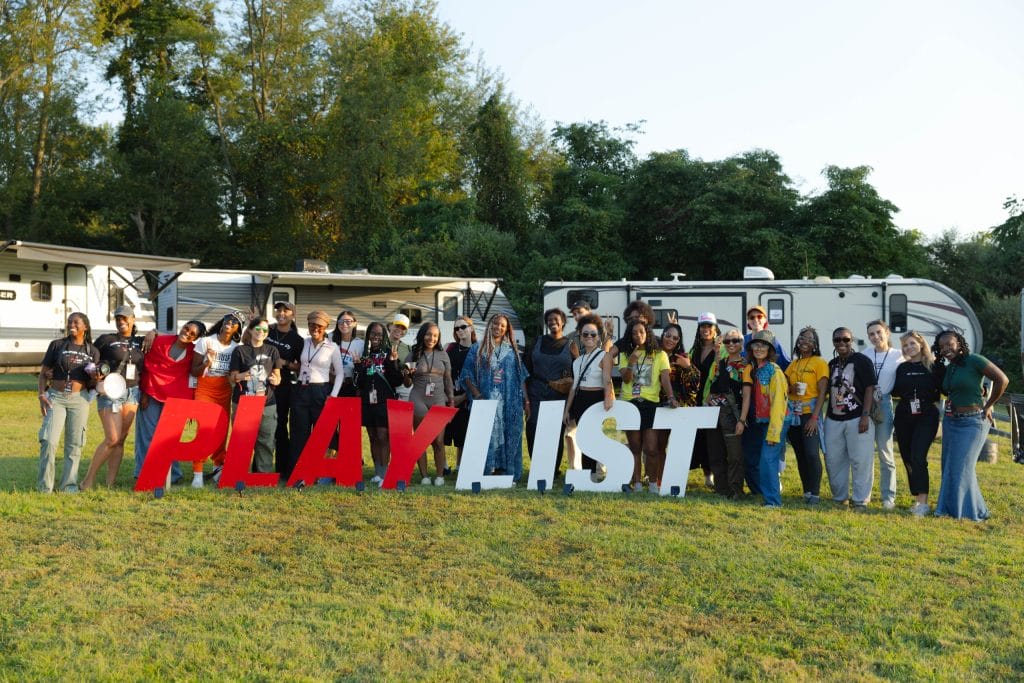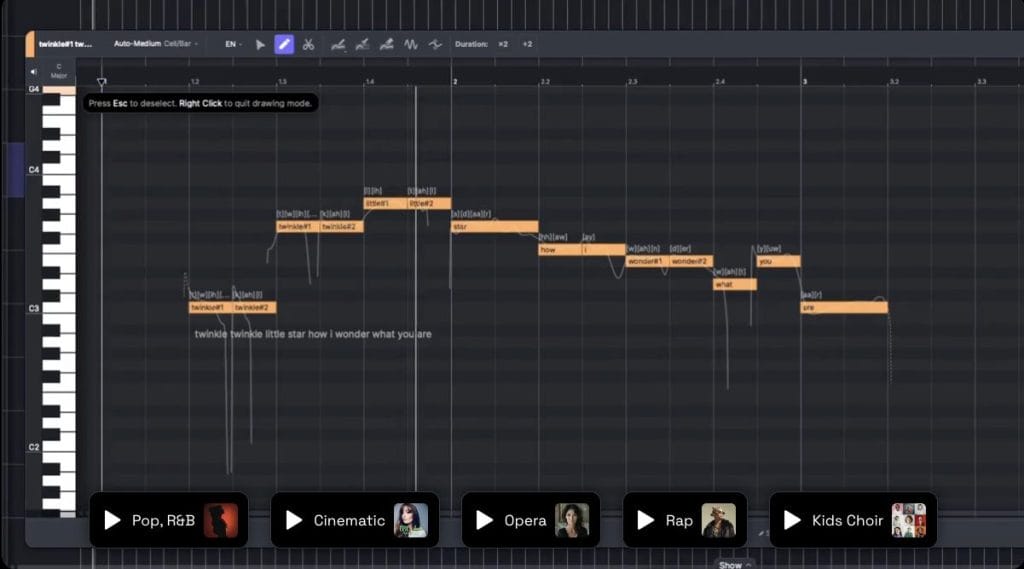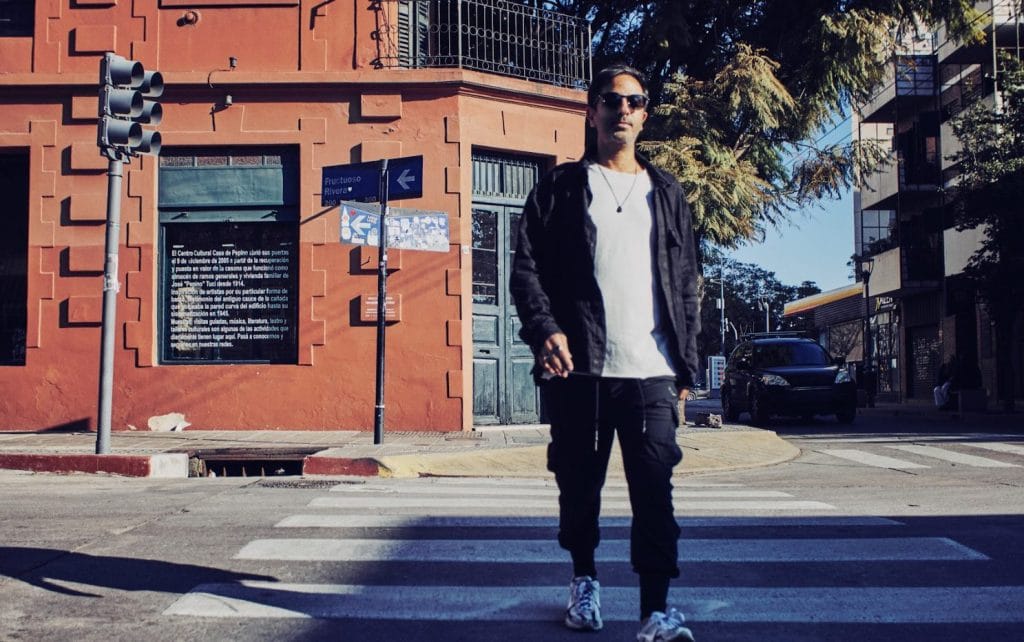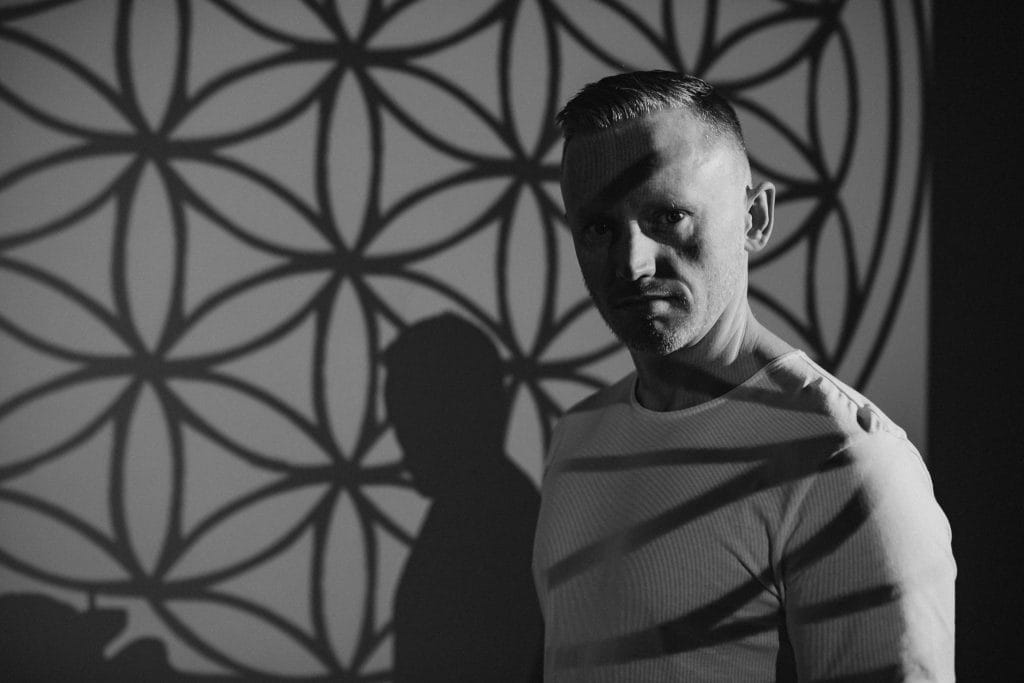Paul Nolan returns to Pro B Tech Music with Ethereal Pulse, a deep, patient cut built around the kind of slowly unfolding synth work that has long defined his sound. The three-track EP features a standout remix from progressive legend Hernan Cattaneo alongside Mercurio—bringing new clarity and elegance to the original’s brooding energy.
It’s a release that balances introspection with momentum, and the conversation that follows does the same.
In this interview, Nolan talks about burnout, distraction, and what it takes to stay aligned when the pace picks up. It’s not about doing less—it’s about knowing why you’re doing it at all.
What’s the difference between being overworked and just working on the wrong stuff?
There’s a big difference. What defines it is alignment. It’s ok to have a lot of things to do, as long as they are the right things to do, to move the needle in a direction you want to go in.
That being said, we can create overwork by approaching the right things in a less than efficient way. That’s one thing music production and audio engineering taught me—there’s always an optimal workflow; a way to perform the tasks you need in the best way possible with the fewest necessary moves. Therefore you conserve energy and resources.
Working on the wrong stuff creates a lot of pain and suffering. Oftentimes we don’t even know we’re doing exactly that. It’s what Robert Greene, one of my favourite authors, in one of my favourite books, Mastery, called ‘the false path.’
This happens a lot in the creative world, and certainly in electronic music. Something shiny comes along, and seems like a good idea at the time—it even seems ‘dream adjacent’ as Quentin Tarantino put it once—but it actually takes you in the wrong direction, away from what you want.
That’s where alignment comes in, and it can be as simple as asking yourself simple but tough questions, such as: ‘is this really in alignment with what my life’s work is, my purpose?’ And if the answer isn’t a ‘hell yes’, then the answer is ‘no’.
Have you ever hit burnout even when things looked good from the outside?
Oh absolutely. More than once. I learned something very profound about burnout. It actually only happens in one circumstance—when you give too much of yourself to others, and you don’t prioritise your own wants, needs, and desires. Burnout is a symptom of a larger problem, be it low self-worth, low self-esteem, or maybe even codependency.
When I reflect back on my life, I never burned out when I was making my own needs the top priority in my life—doing so, in alignment as I mentioned earlier, actually gives you energy and resources. Of course, we are all here in some way to serve others, but it must be balanced, and you can’t pour from an empty cup.
What signs tell you that it’s time to change something in your process—not just take a break?
When you burn out haha! Seriously, sometimes that is what it takes. I remember Greg McKeown, author of a fantastic book called Essentialism, talked about this on a podcast—that the closer we get to burnout, the worse we are at recognising the signs that we are indeed burning out. So if you’re feeling drained, exhausted and assuming that you should be like the Energizer Bunny, and can’t work out why, well, then that’s a surefire sign you’re burning out and need to change.
Taking a break is always good, but not if you return to just go back to how it was before you burned out. Constant assessment and reprioritisation of your current workload, and how they align to your goals is critical. It’s so easy to get off track.
How do you stay clear on why you’re working, so the work doesn’t drain you?
By any means necessary, I try to get back to my why. Whether it’s something I’ve written in a journal, a photo that reminds me of the goal I’ve been striving toward for many many years, or even an experience, like going to a party that really reaffirmed your faith in electronic music, and humanity (quite easy to do here in Argentina), it’s important to keep the purpose of your life’s work front and centre. Again, alignment is the key word.
Have you ever fixed burnout by shifting your goals instead of slowing down?
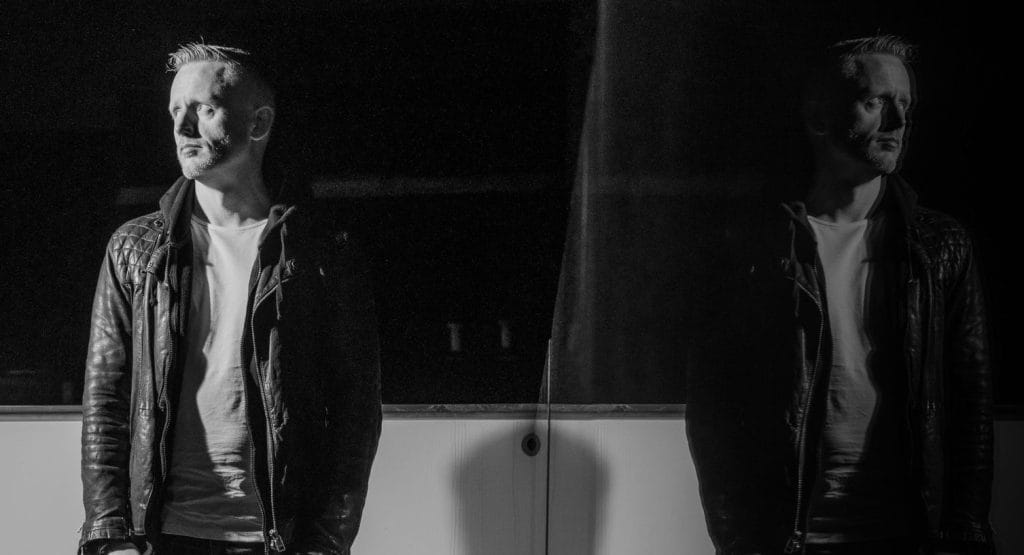
Not by shifting my goals because my goals have always been the same. My purpose also. I was lucky to find it at an early age. I knew what I wanted to do, what kind of impact I wanted to have on people, the culture of electronic music, and the world as a whole by extension. I’ve always resolved burnout, or a potential burnout, by shifting the systems that took me away from these goals, or at least created inefficient ways of going about achieving them.
I’ve also resolved burnout by doing very honest, rigorous, and sometimes very tough, work on my life. What leads me to give away my power? Why do I put others ahead of myself? What are my insecurities? All of these issues require healing and some form of release and resolution in our lives, because if we don’t, they secretly direct our lives—and we call it ‘fate,’ to paraphrase Carl Jung’s very famous quote on the subject.
What helps you catch yourself early before things get too heavy?
Taking a step back. Which can be hard to do. We must be objective with ourselves, our processes, and where it’s all going. We don’t even need to feel the burnout kicking in—if you’re starting to feel that way then it’s already too late. Regular check-ins, quiet time alone with a notebook, just letting yourself view everything from 50,000 feet up, in the macro, is absolutely essential if you want to keep the wheels on the wagon, and keep things moving smoothly in a direction you want to travel in.
How do you rebuild momentum after you’ve stepped away for a bit?
I always start with low-hanging fruit. Things that are easy to pick off. For example, I have a lot of amazing potential tracks sitting on my hard drive from when I took a break after first coming to Argentina last year. I’ve entered into an exciting new phase creatively and production-wise, and I’ve hit the ground running because I took a step back, took stock of what I had in my folders at various stages of completion, and quite ruthlessly cut those I didn’t feel like had the right standard for what I want to put out, and then kept the rest.
Within that process, I looked at which tracks would be the easiest to finish first, and have relentlessly gone about getting them over the line, which has led to a rhythm and a momentum I’m now taking into my newer productions, because I’ve got something on the scoreboard. I’m not a big believer in that old Mark Twain quote of ‘eating the biggest frog first’ for creatives and artists, because that’s what keeps us artistically stuck.
Move fast and break stuff.
The post Paul Nolan on How Burnout Happens Long Before You Notice appeared first on Magnetic Magazine.



